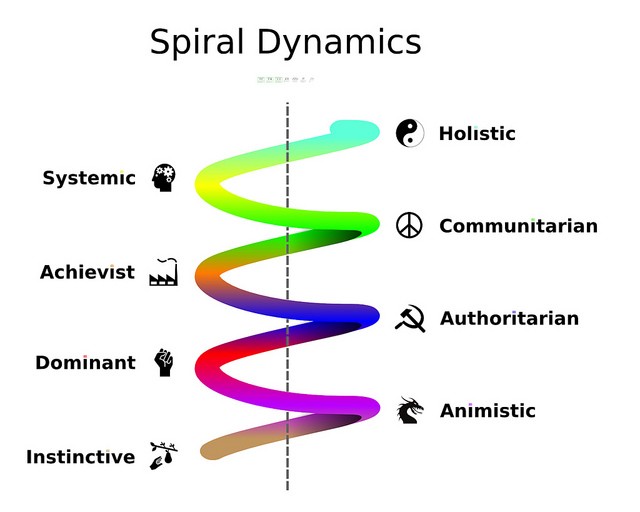Integral Filmmaking Trend, Part 2
News flash: I have a brilliant editor coming available in November, so let me know if you’re entering post!
Big thanks to the many filmmakers who responded to my blog about the trend in integral documentaries. As I described in Integral Filmmaking Trend, Part 1, this emerging movement calls for directors to recognize stages of human development and think from multiple worldviews.
For example, an integrally-minded director might try to understand the level of moral development of a dictator, as in The Act of Killing, directed by Joshua Oppenheimer.
Another great example is At the Dragon’s Gate, a yet unreleased film on which I’ve been story consulting. The directors recount the story of people persecuted in the Falun Gong spiritual movement—and at the same time manage to convey compassion for a Chinese bureaucrat whose job is to enforce abusive policy.
Note that what I’m calling “Integral Filmmaking” is informed by Integral Theory, a philosophy that brings together previous worldviews that have been at odds. These include “science and religion, Eastern and Western schools of thought, and pre-modern, modern and post-modern worldviews,” according to integral theorist Jeff Salzman.
As I predicted in 2013, Integral Filmmaking is changing the independent documentary world. Now that claim is more important than ever: can we documentary filmmakers really help heal today’s culture wars?
I asked readers for input on this premise–that such transcendent works of non-fiction can prompt audiences beyond the polarizing tone of the current political conversation.
“This is a very interesting idea,” wrote Carolyn McCulley, who produces films for clients on many sides of the political spectrum. “I also heard some similar themes at the AFI DOCS Forum. It would be really fantastic if filmmakers could lead the charge in healing our nation’s divide!”
So what does integral filmmaking look like? And how can an integrally-informed documentary compassionately reflect on different stages of development? I asked filmmakers for some examples, and I received several responses.
Filmmaker Jason Smith points to RGB and Won’t You Be My Neighbor—two of my favorite docs this year! There were many things to love about Betsy West and Julie Cohen’s RGB, a timely masterpiece given our nation’s divide on Brett Kavanaugh. I loved the converging plotlines of a) Justice Ginsberg moving from center to left, while 2) deepening her 35-year friendship with right-seated Justice Antonin Scalia.
“I’m so glad you are bringing more awareness of these new formats into our community,” said director William Gazeki. He told me about two such films that screened at the recent Illuminate Film Festival in Sedona, AZ: Miracle Morning and We Rise Up!
Such potent and popular documentaries could help heal our current cultural and political polarizations. According to Gazeki, “It’s a tangible advancement to the documentary genre.”
Finally, here’s an example from filmmaker Jocelyn Ford, whose documentary Nowhere To Call Home: A Tibetan in Beijing has been able to speak to both Tibetans and Han Chinese. According to Ford, “It’s been able to promote constructive discussions at over 50 screenings in China.” Wow!
